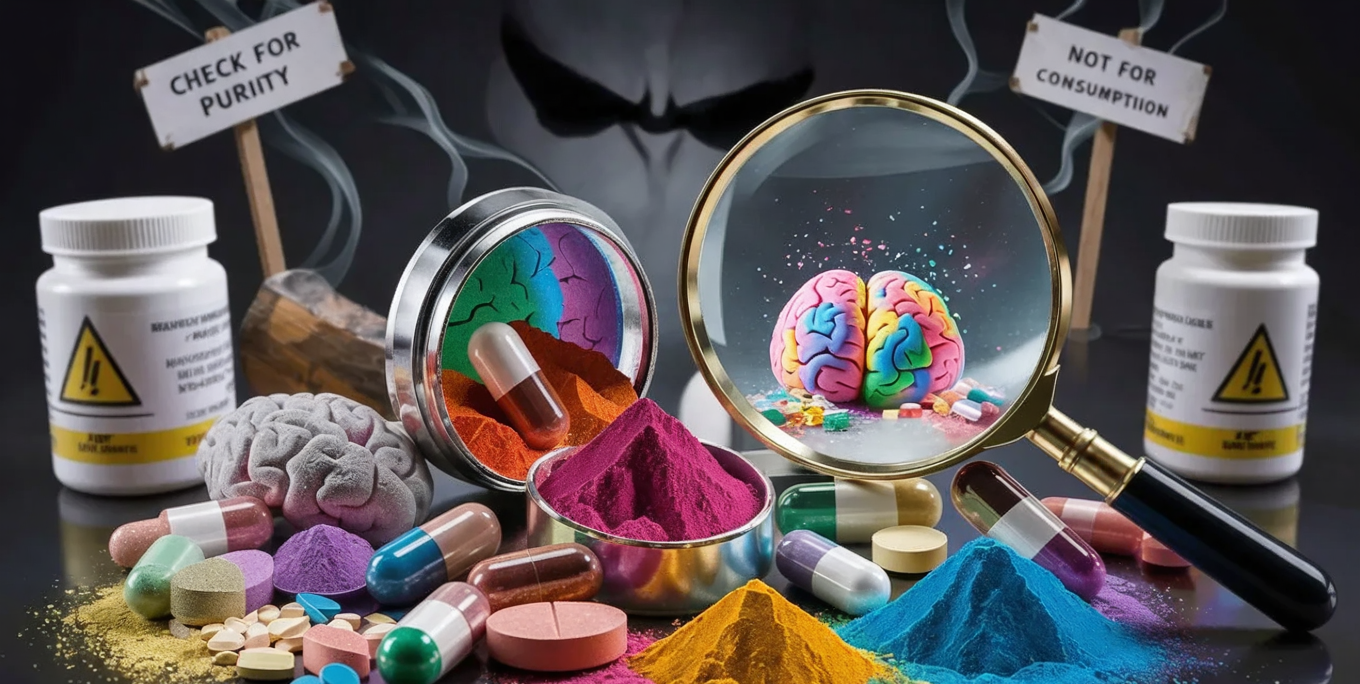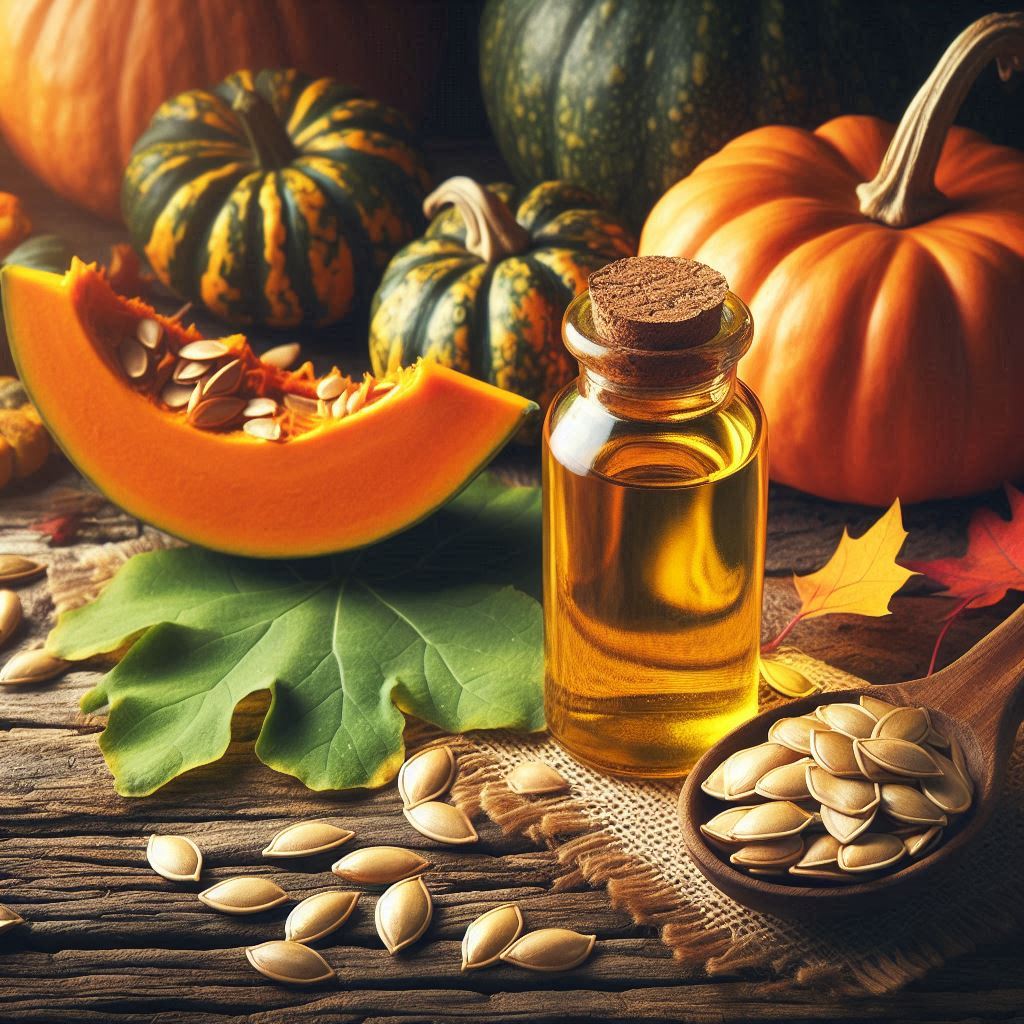Beware of Adulterated Brain Health Supplements
The Hidden Dangers: Adulteration of Brain Health Food Supplements In recent years, the popularity of dietary supplements, especially those targeting cognitive function, mood enhancement, and sleep support, has skyrocketed. This surge in demand is particularly pronounced in developed regions, where consumers increasingly seek alternative remedies and support for mental well-being. However, alongside this increasing consumption comes a troubling trend: the adulteration of these supplements with unregulated pharmaceutical drugs. This blog will delve into the implications of this adulteration and the importance of understanding what we consume. Understanding Dietary Supplements and Adulteration Dietary supplements include vitamins, minerals, herbs, and amino acids. They are often intended to enhance health and wellness. Brain health supplements, or nootropics, aim to improve cognitive function, mood, and sleep quality. Recent studies, including a review by Rafael Paiva and colleagues, have raised concerns. While supplements for sexual performance, weight loss, and muscle building face scrutiny for fraud, brain health supplements have not received the same level of attention. Adulteration occurs when manufacturers illegally add pharmaceutical drugs to their products to amplify desired effects, often without disclosure. This deceptive practice poses significant risks to consumers, who may unknowingly ingest substances that can cause harmful side effects, interact negatively with prescribed medications, or lead to substance abuse. The Rise of Adulteration in Brain Health Supplements As more individuals seek natural solutions for cognitive enhancement and emotional stability, the market for these supplements has grown. Unfortunately, with this growth comes an increase in adulteration practices. Recent reports indicate a concerning trend where illicit practices have made their way into this segment, further raising the question of product authenticity and safety. In the realm of brain health supplements, the addition of pharmaceutical drugs can be particularly dangerous. For instance, substances that claim to enhance focus or mood may contain components such as synthetic stimulants or antidepressants, which can drastically alter a person’s neurochemistry. This manipulation not only jeopardizes the health of consumers but also undermines the integrity of the entire dietary supplement industry. Analytical Approaches to Detect Adulteration Detecting adulteration in dietary supplements, especially those aimed at brain health, is crucial for consumer safety. Paiva and colleagues stress that effective detection methods primarily rely on advanced analytical techniques, particularly chromatographic methods coupled with mass spectrometry (MS). These techniques can effectively identify both targeted and untargeted pharmaceutical adulterants within PFS. Chromatography is an analytical technique used to separate different components within a mixture. This process allows researchers to identify and quantify various substances found in dietary supplements. There are different types of chromatography, including high-performance liquid chromatography (HPLC), which is used for liquids, and gas chromatography (GC), suited for volatile substances. Mass Spectrometry (MS) is frequently utilized alongside chromatography. Once components are separated by chromatography, MS analyzes them to provide detailed information about their molecular structure. This combination is particularly effective for detecting adulterants, which are impurities or illegal substances, even in very small quantities. https://fuelforlife365.com/ Targeted vs. Untargeted Analysis refers to two distinct approaches in analyzing samples: Both targeted and untargeted analyses are crucial for thoroughly assessing the safety and integrity of dietary supplements, helping to ensure that products are free from harmful contaminants. Both researchers and regulatory agencies must collaborate to enhance monitoring of the supplement industry and ensure that consumers are protected from such risks. For More You Can Read Also Consumer Awareness and Safety With the alarming rise in the adulteration of brain health supplements, consumer awareness is essential. It is vital to prioritize safety and make informed choices regarding dietary supplements. Here are some practical steps consumers can take: Conclusion The landscape of dietary supplements, especially those focused on brain health, is rapidly evolving. However, the adulteration of these products with pharmaceutical drugs presents a significant danger to consumers. As demand continues to grow, so must vigilance—in both research and consumer habits. By utilizing advanced analytical techniques and fostering consumer awareness, we can help to ensure the safety and integrity of the supplements that many individuals rely on for their cognitive and emotional well-being. Always remember: your health is too important to leave to chance.


